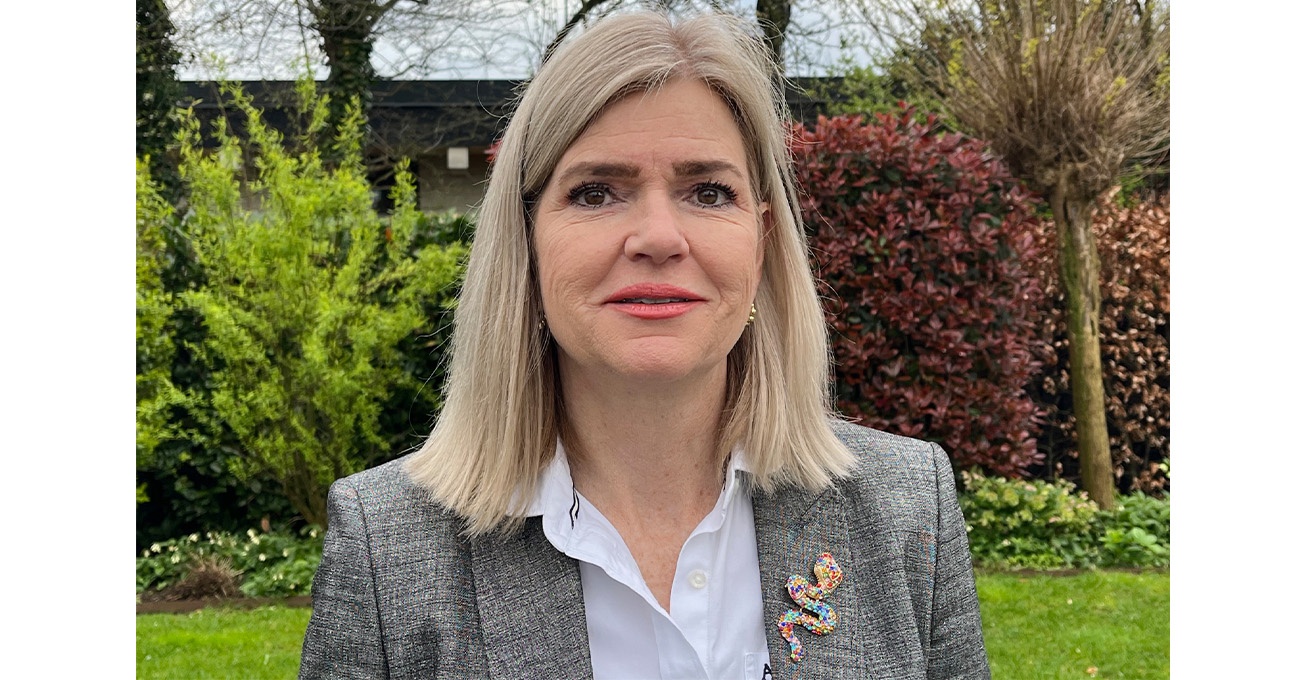A coroner has concluded that two-year-old Awaab Ishak died from a respiratory condition caused by exposure to mould in his home. Personal Injury Partner from Taylor Emmet John Green shares his insights into the case.
Awaab’s father Faisal Abdullah first reported mould developing in the one-bedroom flat to Rochdale Boroughwide Housing in 2017.
In June 2020 after Awaab was born, Mr Abdullah instructed solicitors and initiated a claim over the recurring mould issue, but policy meant any repairs would not be done until an agreement had been reached.
The court heard Awaab was taken to Rochdale Urgent Care Centre on 19 December 2020 suffering shortness of breath.
He was transferred to Royal Oldham Hospital before being discharged. The following day his condition deteriorated and he went into cardiac arrest while being transferred to hospital and died after arriving there.
John said: “Around 450,000 homes in England have problems with mould and condensation and these numbers are likely to rise as people shy away from using central heating as the cost of living crisis bites.
“Sadly, the Government has done very little to legislate to try to make social and private landlords do more to prevent needless deaths and illness due to poor housing conditions.
“Solicitors can bring a compensation claim against the landlord for the injuries (or death) suffered due to the defective housing.The relevant legislation is the Defective Premises Act 1972 and the Landlord and Tenant Act 1972. This legislation requires landlords to devise, institute or maintain a sufficient system of inspection, repair and/or maintenance of the property. Clearly, the landlords failed to comply with their responsibilities.
“I would urge legislators to ensure Awaab’s tragic death was not in vain and ensure that tenants’ health is put above the profits of landlords.
“The Housing Ombudsman, in conjunction with the Regulator of Social Housing, needs to look carefully at this case to establish whether failure in Awaab’s case is indicative of systemic or wider failure and identify where improvements to services are needed.”







